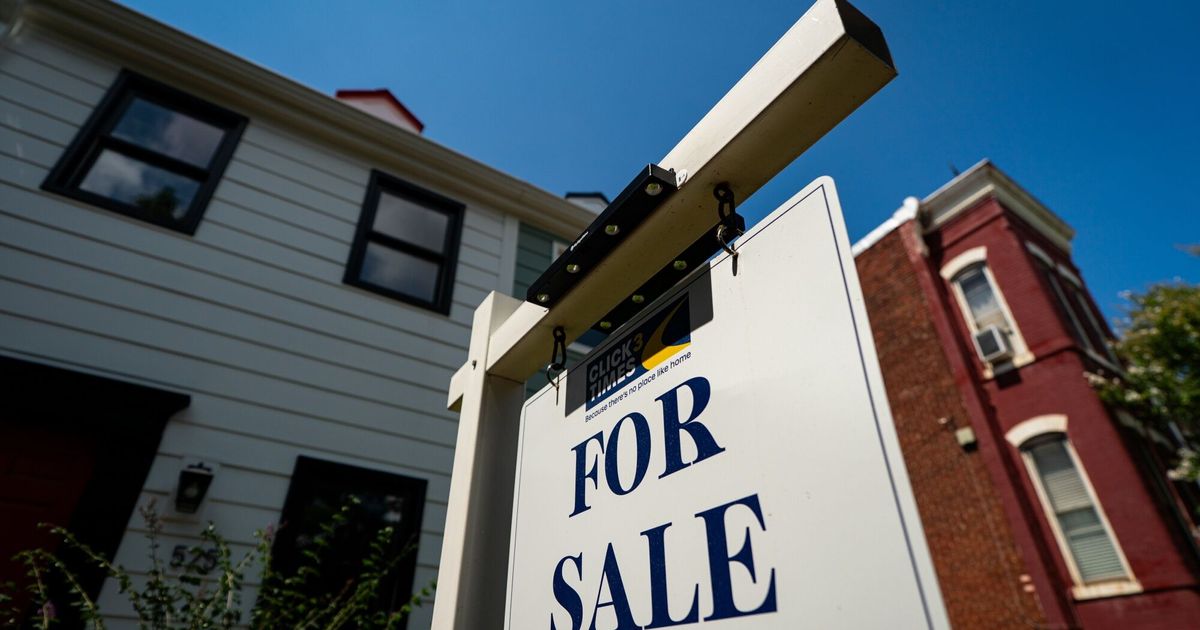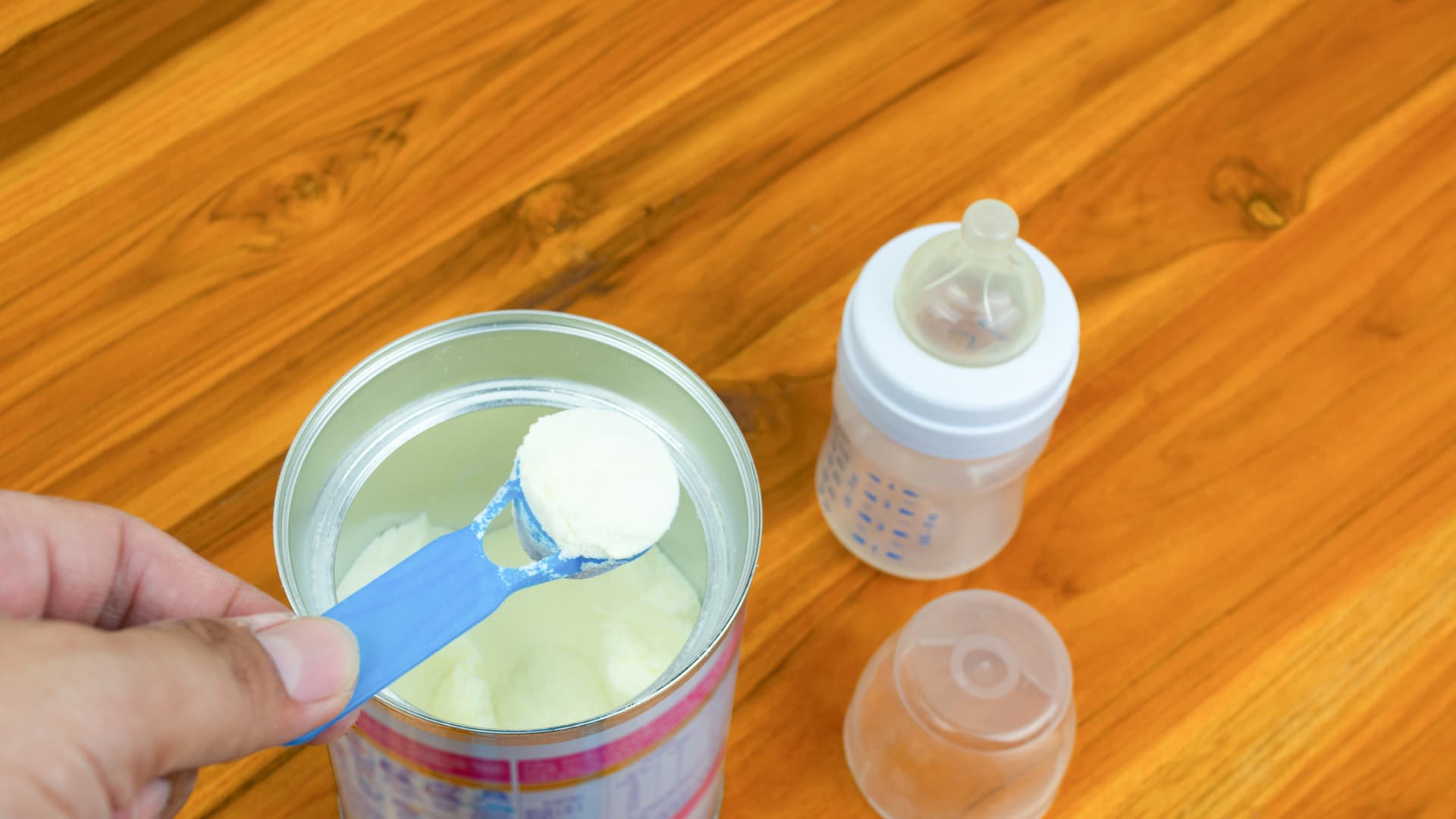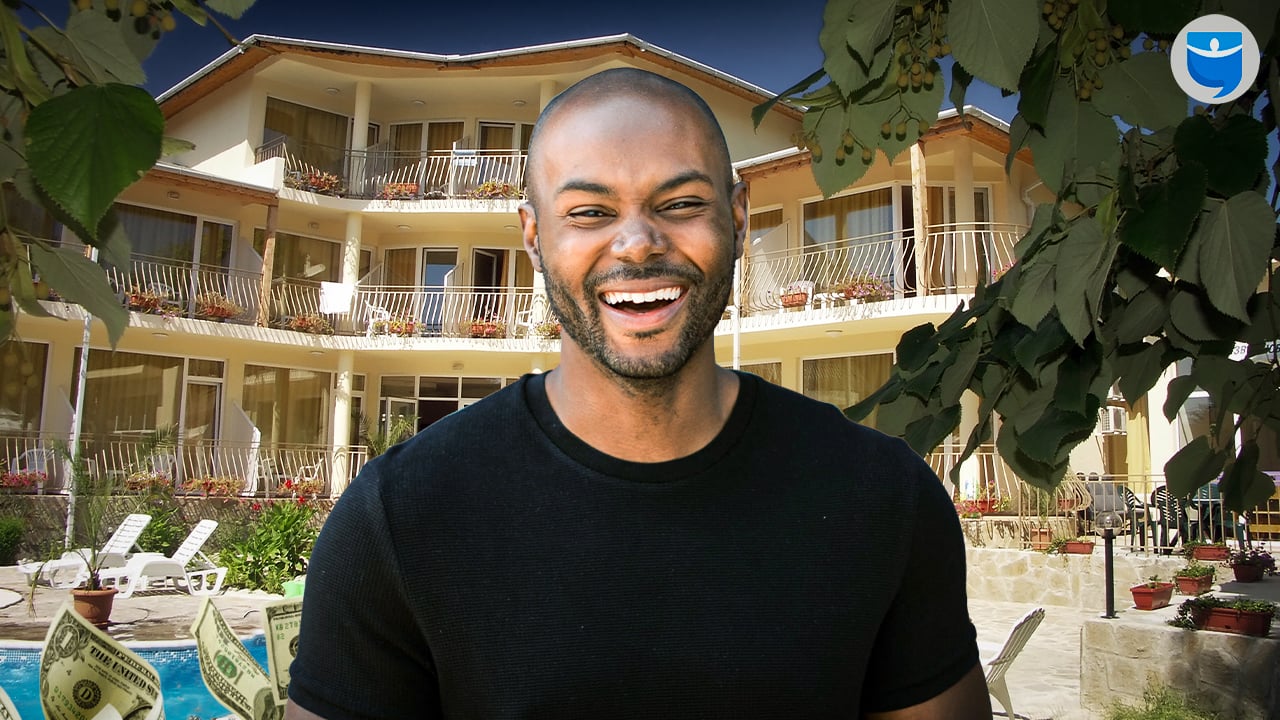As soon as guests leave, the race begins. There are only a few hours to change sheets, sanitize surfaces, clean the fridge, water flowerpots and plump up pillows.
There’s a lot of plumping going on every day in Seattle — a city with more than 6,000 active Airbnb properties.
In Madrona, Eva Xia and Sid Bahadur have a cleaning crew of 20 people, who work hard to perfect the sleek look they maintain in two short-term rentals they own and the 25 they manage.
In West Seattle, hosts Marlow Harris and JoDavid add charming touches for upcoming guests, placing chocolates on pillows and pink Champagne on ice. (JoDavid goes with only one name.)
For years, these homeowners have been hosts of short-term rentals, using Airbnb and other online platforms that allowed them to build a business in the case of Xia and Bahadur, or have a side gig in many cases, including that of JoDavid and Harris.
If you have been toying with joining them, find out what hosts and experts say about what to expect — from the time and effort commitment to the regulatory requirements and potential returns of short-term rentals.
Getting started
Airbnb is just one platform that has become synonymous with short-term rentals. The online booking platform, valued at more than $90 billion in July, grew considerably since it was founded in 2007 by a couple of unemployed roommates who hosted guests on air mattresses and offered Pop-Tarts for breakfast.
But there are several other platforms, including Booking.com and Expedia-owned VRBO. So, while many will refer to any short-term vacation rental as an Airbnb, know you have options.
Why do you want to share your home?
The “why” piece is important in the short-term rental world because it determines how much time and effort you will invest in seeking the kind of guests — and price point — that you want.
Keep in mind: because the rental term is usually a week or a few days, you may be able to make more money than if you’re renting out your home on a long-term lease, but you will invest more time and effort in preparing the home in between guests.
Xia and Bahadur didn’t set out to have an Airbnb business. They discovered the home they bought in Madrona in 2021 had been an Airbnb, which inspired them to defray their mortgage by renting a room in the house occasionally.
Then, the couple bought another home, which they still list on Airbnb sometimes. In the last two years, they turned the first house into a full-time Airbnb, and opened Nicasa, a short-term rental management business.
As Airbnb pros, the couple aim for maximum return. Their properties look like five-star hotel suites with kitchens.
“We describe our places as a hotel in a home,” Bahadur said. “We have the consistent standards of a Hilton but with a living room and kitchen where the whole family can hang out.”
Host Laura Gonzalez has welcomed guests in two rooms of her home in the Central District for almost 13 years. She joined Airbnb when she became an empty nester to earn money in retirement and to meet people from around the world. For her, the effort is not demanding.
“I didn’t have to do anything to my house except get it really clean,” Gonzalez said.
West Seattle’s JoDavid and Harris like the safety short-term rentals offer. They would prefer to rent their property long term but believe Seattle regulations make being a landlord too risky. “It’s almost impossible to evict a long-term tenant. Short-term rental platforms like Airbnb offer a degree of certainty that the folks are going to leave when they say they are,” Harris said.
Check the competition
Research is as close as your smartphone. Lurk on your neighbors’ online listings. See what amenities they offer. Wow, did you know that Colleen Maloney has a sauna in the basement?
If you want to drill down into how much your house could make, check out a company called AirDNA (not affiliated with Airbnb) that crunches data across the short-term rental universe. You can sign up online for the company’s MarketMinder tool, which gives you a free test drive. Plug in your address, and it computes a nightly rate, occupancy rate and potential yearly income for your property.
Once you’ve seen the short-term rentals in your neighborhood, ask yourself, “What will it take to feather my nest?” And find out how much this will cost.
At a minimum, you will need new sheets, towels and nicer soaps. Face it, that sofa is soggy. Your pans are kaput. What will it cost to replace them? How about a smart lock to offer guests self-check in? Factor these expenses into your profit-and-loss research.
Then, decide on how much time you would like to dedicate to managing your rental. For his Airbnb on Lopez Island, Josh Keeler handles the bookings, guest communications and often repairs himself. But he hires a cleaner.
Harris and JoDavid also hire a cleaner. “One of the biggest issues is getting reliable cleaners,” Harris says. The couple recommends a service call Turno, which allows hosts to integrate their Airbnb calendar with cleaners.
Xia and Bahadur, through their company, handle everything from furnishings to bookings and cleaning of the homes they own and manage. They charge the property owners a management fee of 25%
Consider your location
In Seattle, the fanciest furniture and cookware won’t get you consistent bookings unless you are close to downtown, according to Bahadur.
“If you are not in a tourism-friendly location, you are not going to get booked. In Capitol Hill, Queen Anne, South Lake Union, you can make a good return.” To Bahadur, Shoreline and even Green Lake are too far from the city core to be sure bets for short-term rentals.
Country properties also can be Airbnb winners. They make more per night than urban properties according to AirDNA. “The highest revenues are in Snoqualmie, Index and Vashon — all pretty rural areas where revenues can reach above $60,000 a year on average,” says Madeleine Parkin, a spokesperson for AirDNA.
Market your property
You’re not only becoming a landlord, but you also need to be a marketer and a decorator to some extent — or hire professionals. “What do people look at on Airbnb? They look at photos,” says Bahadur. “You want to have professional photography. No phone photos.”
Bahadur suggests decorating with a color scheme that is neutral but has a pop of color — think gray with orange — because that looks great in photos. Be sure to highlight your rental’s best features: that view of Mount Rainier, river-rock fireplace or slick kitchen.
Because JoDavid and Harris are art patrons and hipsters, the couple said they designed and furnished their West Seattle Airbnb with a playful charm that appeals to artistic guests.
Once you have stunning photos, spread them far and wide. Harris recommends advertising on multiple platforms. “There are alternatives to Airbnb such as Booking.com, VRBO, Furnished Finders and Craigslist. We’ve had great success with the Seattle Travel Nurses page on Facebook.”
How to be a top host
Earlier this month, Airbnb released its list of the most hospitable hosts of 2023. America’s most beloved hosts, based on five-star reviews, are Cyndi and Tim Hill, who rent a one-bedroom cabin in Oregon on the Santiam River. “We really do want to spoil our guests!” says Cyndi Hill.
The Hills go the extra mile — literally driving kayakers to boat launches so they can float on down to the Airbnb. They even do the dishes. “A Dish Fairy comes and takes your dirty dishes and cleans them nightly,” enthused a recent guest.
Most five-star hosts don’t go that far, but what they have in common is that they provide extras like snacks and robes. And most of these full-service hosts live on the property.
When things go wrong
You may have seen headlines about unfortunate events, such as shootings at a rental or a vacation house turned into a temporary meth lab. These incidents are rare, and that’s why they make headlines. But a problem that many hosts share is parties.
Keeler, of Lopez Island, recalls how his neighbors complained when a lot of cars showed up at his country property. It turned out the guests who rented the waterfront home weren’t just playing croquet, they were holding a tournament that ended shortly after sunset, but the celebration continued.
Since then, Keeler has learned how to avoid becoming party central. He advises hosts to read carefully what prospective guests write. “Guests who say they are a ‘group of old friends from school’ or a group planning ‘a girls’ weekend’ have proven to be problematic.”
Keeler doesn’t use the automatic booking feature of Airbnb because he wants to read reviews of guests from past hosts before agreeing to rent his house.
Airbnb knows it has a party problem. It banned parties permanently in 2022, which reduced destructive gatherings but didn’t stop them. Recently, Airbnb launched technology that can block high-risk bookings. Red flags include one-night reservations for entire homes on holiday weekends. It also screens guests’ past reviews.
Do you need insurance?
Airbnb says its free host damage protection, AirCover, offers hosts up to $3 million in damage protection and up to $1 million in liability insurance. Some hosts have said Airbnb unfairly denied their claims. In May, Washington’s state insurance commissioner fined Airbnb for acting as an unauthorized insurer and ordered the company to reconsider the claims it rejected.
Harris says she feels better about AirCover now because, going forward, all claims by Airbnb hosts in Washington will be determined by a state insurance adjuster, not Airbnb.
But Harris says it’s important to have your own short-term rental coverage. Kenton Brine, president of the nonprofit Northwest Insurance Council, agrees.
“Many insurance companies today provide coverage for short-term rentals on a regular basis — either under a separate business-use policy or under an endorsement for business use on the homeowners’ policy,” says Brine.
Local regulations
Seattle has an array of regulations that prospective hosts must follow to jump into the business. Anyone in Seattle who hosts short-term stays, defined as fewer than 30 nights, needs a business license tax certificate. After getting this certificate, you will need to apply for a short-term rental operator’s license. The annual costs for the business license and the operator’s license are $55 and $75, respectively.
New Airbnb operators in Seattle can only rent two units that they own under rules passed by the City Council, aimed to stem the tide of displacing locals in long-term rentals with tourists in vacation properties.
There is no limit on the number of short-term rentals in Seattle. That’s not the case everywhere. For example, San Juan County requires a vacation permit to rent out an Airbnb. There are 693 permits countywide, and no new permits are being issued.
Is it worth it?
There have been better times to get into the Airbnb business. Despite the spike in travel, demand for short-term rentals in Seattle has not returned to pre-pandemic levels according to AirDNA data. In June, demand, measured in booked nights, in Seattle was 15% below the number of June 2019.
Competition is growing, too. “More rentals are coming on and that’s creating more uncertainty,” said Bahadur.
Most hosts in Seattle don’t rent their homes full-time because they want the flexibility to stay there themselves sometimes. Airbnb says the typical host in Seattle earned $21,500 in 2022 which is up from $16,900 in 2021.
Despite uncertain financial returns, regulatory mazes and potential guest issues, some hosts remain unfazed.
Gonzalez, who rented rooms to more than 300 guests in the home she lives in, said she has never had a problem.
“Do it. It’s good income. And the guests are good people,” she said. “The whole thing reinforces my belief in mankind.”
















